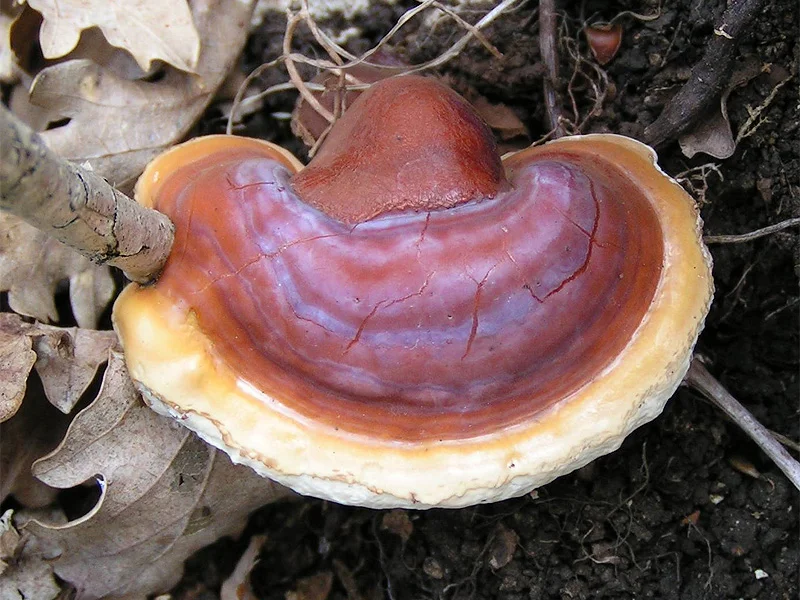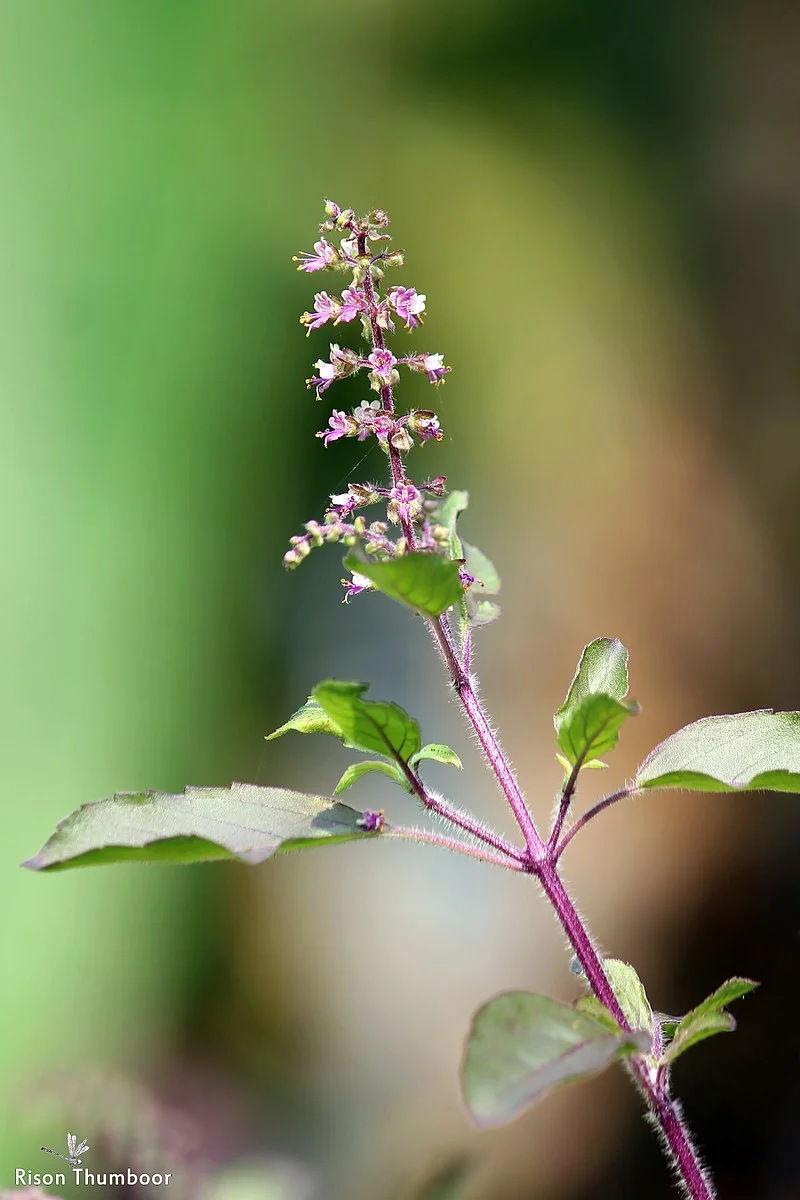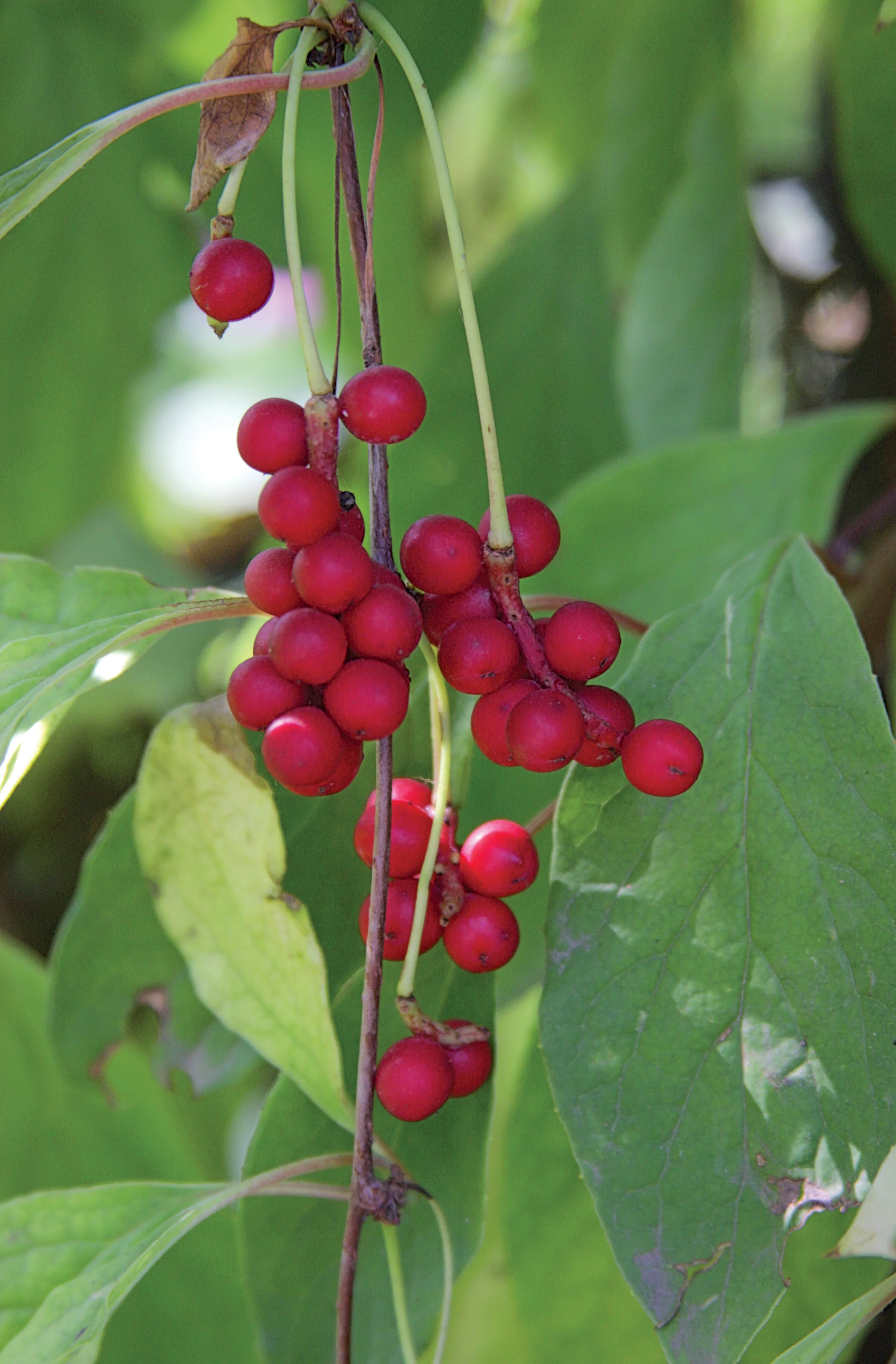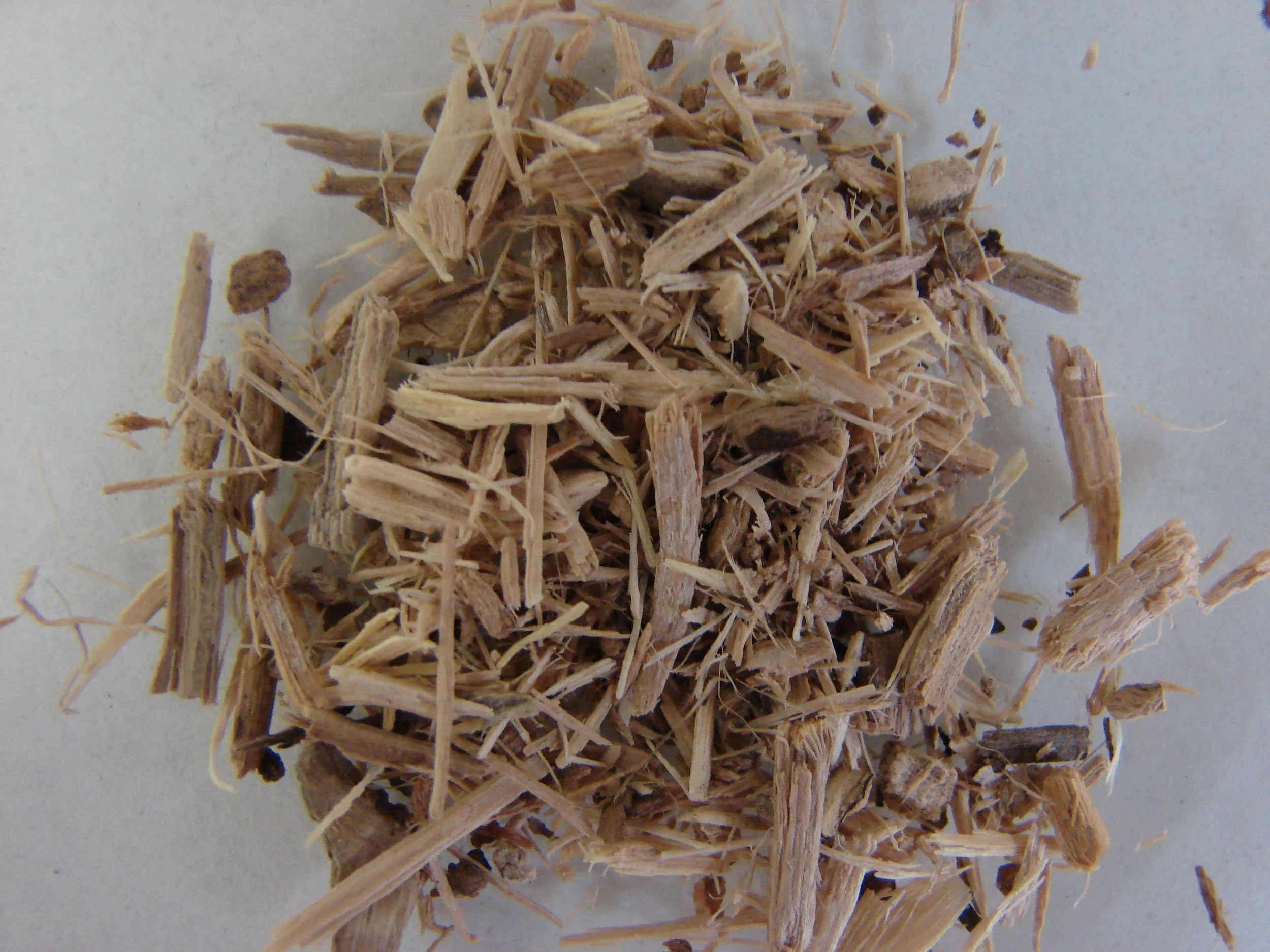Within the vast world of herbal medicine, there is a special category of herbs known as adaptogens. If you are a naturally skeptical person like me, I have good news for you- adaptogens are some of the most well-studied herbs on the planet. In the late 1940’s, scientists began to test and document the effects of some of these amazing herbs, and found that they can reduce stress, regulate the immune system, and help other bodily systems maintain a healthy balance.
So what are Adaptogens?
Adaptogens are a class of herbs that follow 3 basic rules:
They are non-toxic. Adaptogens are all well tolerated by the majority of people, even at very high doses, and they have little to no side effects.
Adaptogens help you adapt and respond to stress, without producing overtly noticeable physiological changes. You can contrast this with tranquilizers, alcohol, or any other drugs which might temporarily reduce anxiety but will typically leave you with an obvious change in your mental and physiological experience (not to mention the rebound effect after they wear off).
Adaptogens have a balancing effect. For example, adaptogens can either increase the functioning of a weak immune system, or tone down the functioning of an overactive system such as with allergies. This act of balancing is really what makes adaptogens so different from any other herbs.
Adaptogens help us manage a wide range of stressors- a “stressor” meaning anything that upsets the homeostasis of the bodily functions. It can come from the air we breathe, the substances we ingest, the thoughts we think, the situations we find ourselves in, the people around us, etc. Adaptogens don’t care what form the stressor comes in, they just do their job and help us to maintain equilibrium in our nervous system, cardiovascular system, immune system, endocrine system, and possibly other systems that haven’t yet been indicated in the research.
What are some examples of adaptogens?
There are quite a few that have been recognized throughout the world, but I will just name just 4 that I really like and that can be easily found in some stores or online. Each of these 4 herbs can help with stress and anxiety, so it’s just a matter of trying some out and seeing which ones you prefer, or if any of the side benefits fit best for you.
Reishi Mushroom, scientific name Ganoderma Lucidum
Reishi Mushroom: In China, Reishi has long been known as “The Mushroom of Immortality,” due to its adaptogenic properties. If I could just take one herb for the rest of my life, I’d choose Reishi. It has all of the benefits I discussed in this article, and I find it particularly helpful for anxiety and stress. Of the herbs on this list, it also is the most powerful immunomodulator. The tea, tincture, and powdered extract form are all useful. The tea tastes extremely bitter and for some people can be hard to get down, but if that doesn’t stop you, it is simple to make.
For reishi tea: bring about 5 cups of water to a boil, then add 3-5 grams of dried Reishi pieces. Simmer for about 2 hours.
Potential Benefits: Anxiety and stress reduction, sleep support, immune system balancing, liver support, blood sugar stabilisation, heart health/cholesterol management, and possible cancer fighting properties.
Tulsi, aka Holy Basil
Holy Basil: In parts of India you will find families worshipping Holy Basil plants (known in Sanskrit as Tulsi). It is used to treat just about everything there, but common uses are stress related symptoms, chest congestion, stomach/digestive issues, brain fog, attention deficit, and memory. Studies have shown that Holy Basil can reduce levels of cortisol- a common stress hormone.
For holy basil tea (recommended form): add about 1 tsp of dried leaves per 8 ounces of water, bring to a boil, then simmer 5-15 minutes. Buying loose tea in bulk is the most cost effective, but if you prefer teabags for ease of use, I recommend the company “Tulsi” which can be found in health food stores.
Potential Benefits: Anxiety and stress reduction, sleep support, inflammation reduction, stomach ease, respiratory relief, attention and memory benefits, immune system balancing, kidney stone reduction/prevention
Schisandra berries
Schisandra: Schisandra is a berry and is used quite often in Chinese Medicine. It has all the properties of an adaptogen, and is typically used for liver health, ailments of the reproductive and urinary systems, sleep complications, and immune modulation. I have found Schisandra extracts to be equally as effective as teas.
For schisandra tea: boil 1-2 tsp of dried berries per 8 oz of water for 5 minutes, then simmer for 10-20 min.
Potential Benefits: Anxiety and stress reduction, sleep support, liver support, skin health, urinary/reproductive system benefits, digestive support, immune support
Eleuthero root, sometimes called Siberian Ginseng
Eleuthero: Eleuthero is probably the most researched of all adaptogens. In the mid 1900’s, Russian scientists conducted extensive studies and found that Eleuthero increased endurance, stamina, strength, and cognitive function in athletes. This led to it being used by Russian Olympians, and was kept for years as a secret to their success. Other studies found it to be effective with lowering cholesterol and triglyceride levels, and relieving symptoms of angina. It has also been shown to improve sleep quality and help with mental alertness. As compared to the others on the list, Eleuthero has a slightly more noticeable boost in energy. Extracts are generally quite effective, as are teas.
For eleuthero tea: add 1-2 tsp of dried powder to 12-16 oz water, boil slowly for 20-30 min, then simmer 1 hour.
Potential Benefits: Anxiety and stress reduction, increase in physical and mental energy, lowering cholesterol, possible anti-cancer properties, improving lymphatic functioning
How do you take them?
This all depends on personal preference, budget, time, and what herb you are taking. Common forms of ingestion are teas, tinctures, extracts, and capsules. Whatever form you take, it is very important to note that adaptogens really only work to their full potential when taken regularly.
As far as which form is best, there are several factors. Teas tend to be the cheapest, but require a bit of time and preparation, as some herbs need to be simmered for as long as 2 hours to get the full benefit. Tinctures are easy, portable, and effective, but are often a little pricey and some brands found in stores might be weak and have little effect. You can also find capsules or powdered extracts of certain herbs available, but as with anything the source and quality matters a lot. I have recommendations for where you can buy these below.
Where can adaptogens be purchased?
Disclaimer: I am not affiliated with any of these companies or websites- they are just what I have used personally and what I feel comfortable recommending to people.
I generally prefer to buy dried herbs and make my own tea or tinctures. My favorite place to buy herbs is www.mountainroseherbs.com. They have the highest quality herbs that I’ve been able to find.
If you’d like to buy extracts, you can find some at www.hyperionherbs.com or www.surthrival.com. These are sources that I trust when it comes to quality and ethics. Another great extract company is Gaia Herbs, which can be found in a lot of health food stores. They are also located in Western North Carolina, which is great if you care about buying local!
I hope these herbs can help you to navigate the anxieties that you face. While they are certainly not a miracle cure, they might give you the extra help you need to keep doing the work towards long term well-being.
Take Care,
-Mike
*I am not a doctor and this does not constitute medical advice






